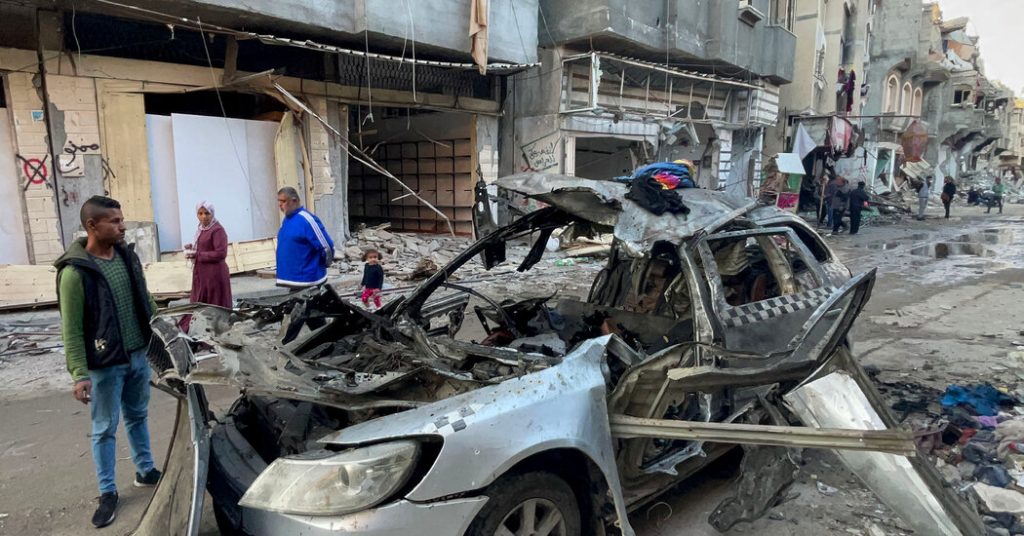An Israeli airstrike on Wednesday killed three adult sons of Ismail Haniyeh, a senior leader of Hamas, who stated that the strike would not weaken the group’s resolve in its fight against Israel. While Israeli ground troops have mostly withdrawn from Gaza, airstrikes continue across the territory. International mediators have been trying to negotiate a cease-fire and secure the release of Israeli hostages held by Hamas. Mr. Haniyeh, who leads the Hamas political bureau from exile, vowed to stand firm despite the tragic loss.
Hamas’s critics have accused the leadership of living luxurious lifestyles abroad while the people in Gaza face dire humanitarian conditions. However, Mr. Haniyeh framed his family’s tragedy within the broader context of Palestinian suffering, emphasizing that many families have paid a heavy price for the blood of their children. The Israeli military confirmed that the three sons killed were Hamas military operatives. The strike took place on the holiday of Eid al-Fitr, which marks the end of Ramadan, further heightening tensions.
As part of cease-fire negotiations, Hamas informed Israel that they could not locate 40 Israeli hostages in Gaza, complicating the proposed swap in exchange for the release of Palestinian detainees. The framework includes the initial release of 40 living hostages in exchange for detainees held in Israeli prisons. The conflict in Gaza has also escalated the threats between Iran and Israel, leading to fears of a wider regional war. Recent exchanges of threats have further strained the already fraught relationship between the two countries.
Iran has vowed to retaliate against Israel for an attack on an Iranian Embassy building in Damascus, Syria, that killed senior Iranian military commanders. The conflict between Israel and Iran has involved assassinations of Iranian leaders and regional proxy militias supported by Iran. Amid heightened tensions, the possibility of a broader regional escalation looms large. President Biden has urged Israel to facilitate humanitarian aid into Gaza while expressing discontent with Israel’s conduct in the ongoing conflict.
President Biden’s criticisms of Israeli Prime Minister Benjamin Netanyahu have been ramping up, leading to tensions between the two administrations. Mr. Biden has called for a cease-fire and criticized Mr. Netanyahu’s approach to the conflict. Conditions in Gaza have deteriorated, with the United Nations warning of a looming famine and dire humanitarian crisis. Israel has recognized the mistakes that led to civilian casualties and has committed to allowing more aid deliveries into Gaza. The focus of the Israeli military now appears to be on an incursion into the southern city of Rafah, further escalating the situation.


